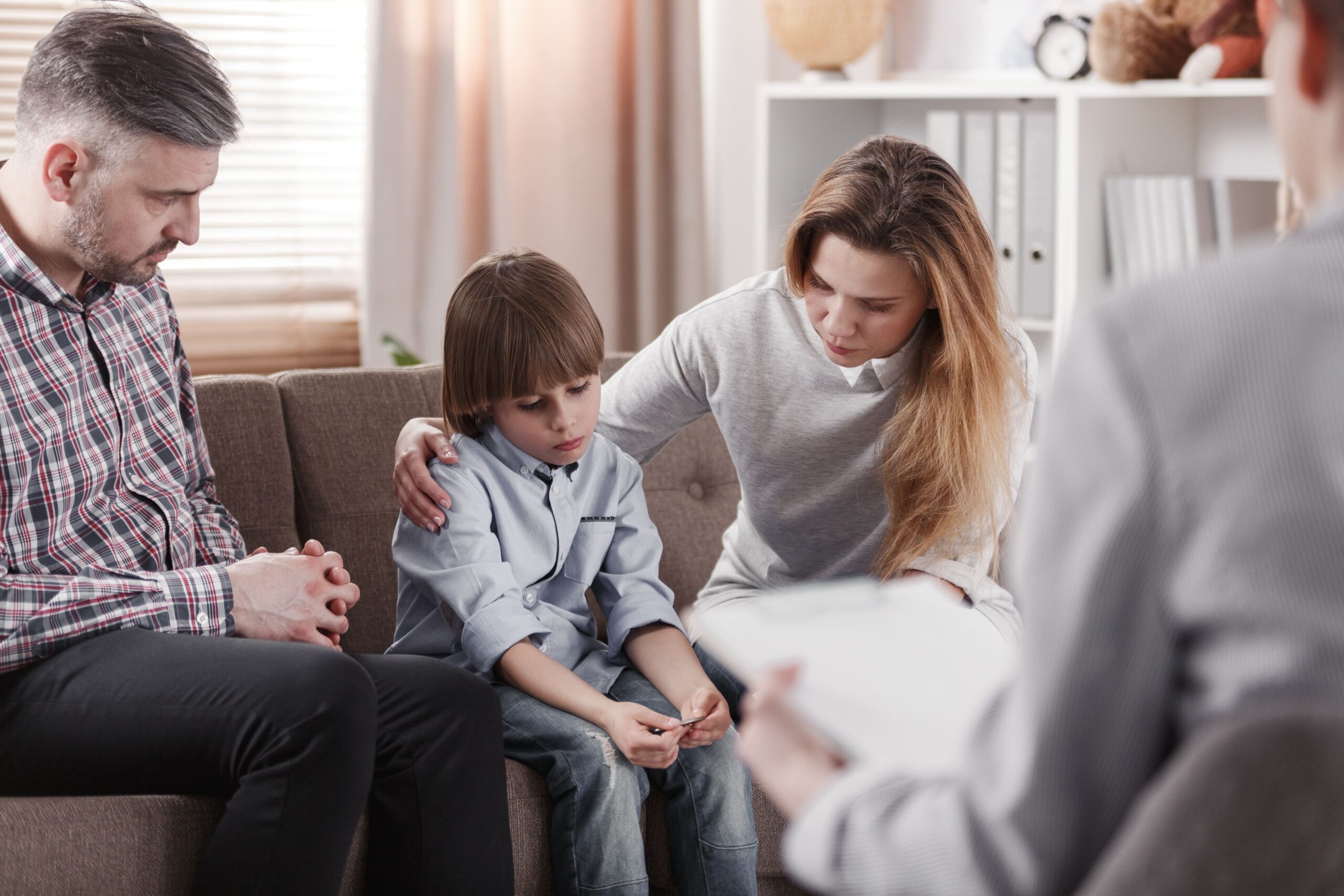When it comes to challenging mental health disorders, one of the big questions people wonder is “Is anxiety hereditary?” For some, it may feel like it’s part of their genetics, while others may feel it’s situational and related to their personal living environment. Still, others may have no idea what might be the root cause of their anxiety, which can make it intimidating to seek professional help. Exploring the concepts behind the origins of anxiety can help people better understand their conditions and how to begin getting help for them.
What is an Anxiety Disorder?
Anxiety disorders fall under the heading of mental health disorders that require professional help from trained mental health treatment providers. Anxiety disorders produce intense feelings of anxiety, fear, and worry. While everyone feels these types of emotions from time to time, they are typically short-lived and proportionate to the events or people that trigger them. However, anxiety that stems from anxiety disorders is out of proportion to these situations and happens repeatedly.
Individuals experiencing diagnosable anxiety find it impairs their ability to excel at work or in school. Additionally, it negatively affects their relationships and personal interests like hobbies and pastimes. Anxiety disorders comprise the most common mental health disorder in the country. More than 40 million adults have an anxiety disorder, and about 7% of children aged 3-17 also deal with anxiety. At some point in their lifetimes, about 30% of adults will deal with symptoms of an anxiety disorder.
Someone dealing with extreme anxiety often becomes too fearful to participate fully in their lives. They become afraid of experiencing anxiety at work, school, social events, and other places, causing them to withdraw from the world. If they have a panic attack somewhere, they often associate that place or the people there with their anxiety. As a result, they become fearful of being in a similar situation again. Embarrassment over their condition or not understanding that they have a diagnosable condition can stop the person from seeking help. Additionally, people often wonder if Anxiety is hereditary for multiple reasons.
Is Anxiety Hereditary?
Many people dealing with anxiety and feelings of panic ask themselves, “Is anxiety hereditary?” To begin to understand the answer, it proves important to realize that human DNA has between 20,000 to 25,000 genes. DNA can determine physical characteristics such as hair and eye color and height. Interestingly, genes can mutate as a way of adapting to the person’s environment. Someone who undergoes a traumatic life event may end up experiencing a shift in their DNA as a result. This then becomes part of the DNA of future blood relatives.
This means that someone can inherit the genes of a close relative that cause them to be predisposed to developing anxiety. Children of parents who deal with anxiety prove more likely to develop anxiety themselves. As well, if one twin develops a problem with anxiety, the other twin is more likely to do the same.
Some families find that more than one member deals with anxiety and wonder if the sole or main cause revolves around genetics. While that can be part of the answer, environment can also play a part. As an example, children who grow up in an abusive home environment may develop anxiety as a result. Alternatively, if one person sees that another family member has anxiety but does not seek help for it, they may accept the condition as normal or untreatable. This creates a familial cycle that is hereditary in a behavioral manner, although not genetic in nature.
While anxiety may run in a family, not everyone experiences it in the same way. For example, one person might develop generalized anxiety disorder while a relative develops social anxiety or panic disorder.
How Does Treatment For Anxiety Work?
Professional care from experts trained in the treatment of anxiety disorders can change lives and help people put anxiety in their past whether the disorder is hereditary or not.
If an anxiety disorder proves too disruptive for a person to continue living at home, residential treatment can be the answer. Most of these programs require the individual to reside in a facility for 30 days or more. As a step-down from that, our outpatient rehab in Atlanta can be the right next step. As well, many people do not require residential care. For them, anxiety disorder outpatient care can equip them to understand their anxiety and learn to overcome it.
Options for treating anxiety include:
- Psychotherapy
- Psychiatry and Medication Management
- Dialectical Behavioral Therapy
- Family Therapy
- Brain Mapping
Start Anxiety Treatment in Atlanta, GA
Has anxiety overtaken parts of your life, including work, school, family life, and relationships? When this happens, you cannot simply just get over it. Anxiety rehab in Atlanta can help you discover if your anxiety is hereditary. New View Wellness in Atlanta provides multi-disciplinary types of therapy that prove effective when used to treat anxiety disorders. We help you understand your triggers and develop healthy coping skills to alleviate symptoms of anxiety. If you would like to talk to us about effective treatment for anxiety that puts you back in control, contact us now.

